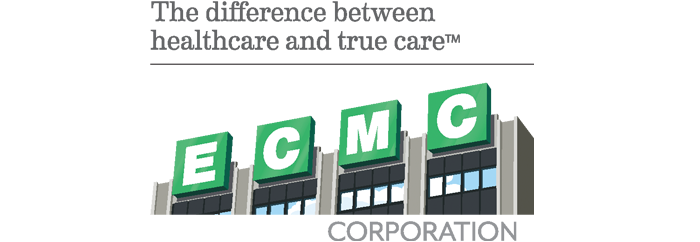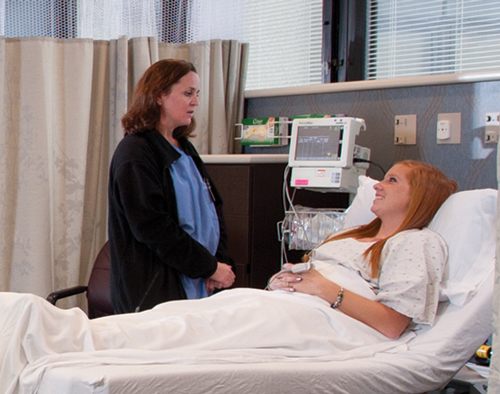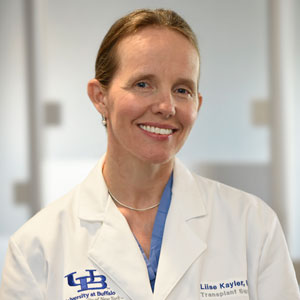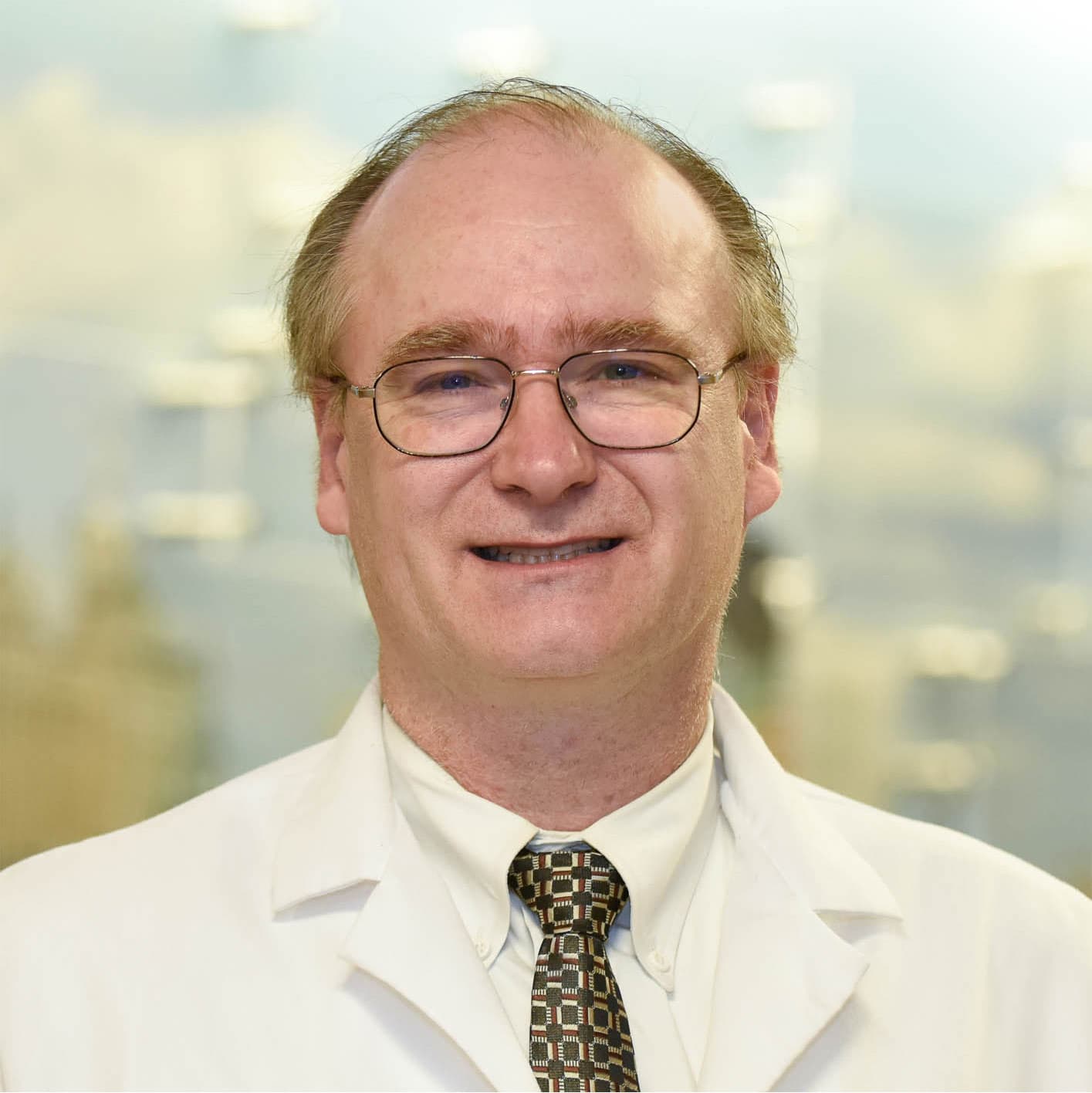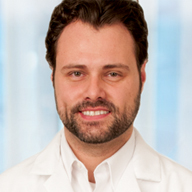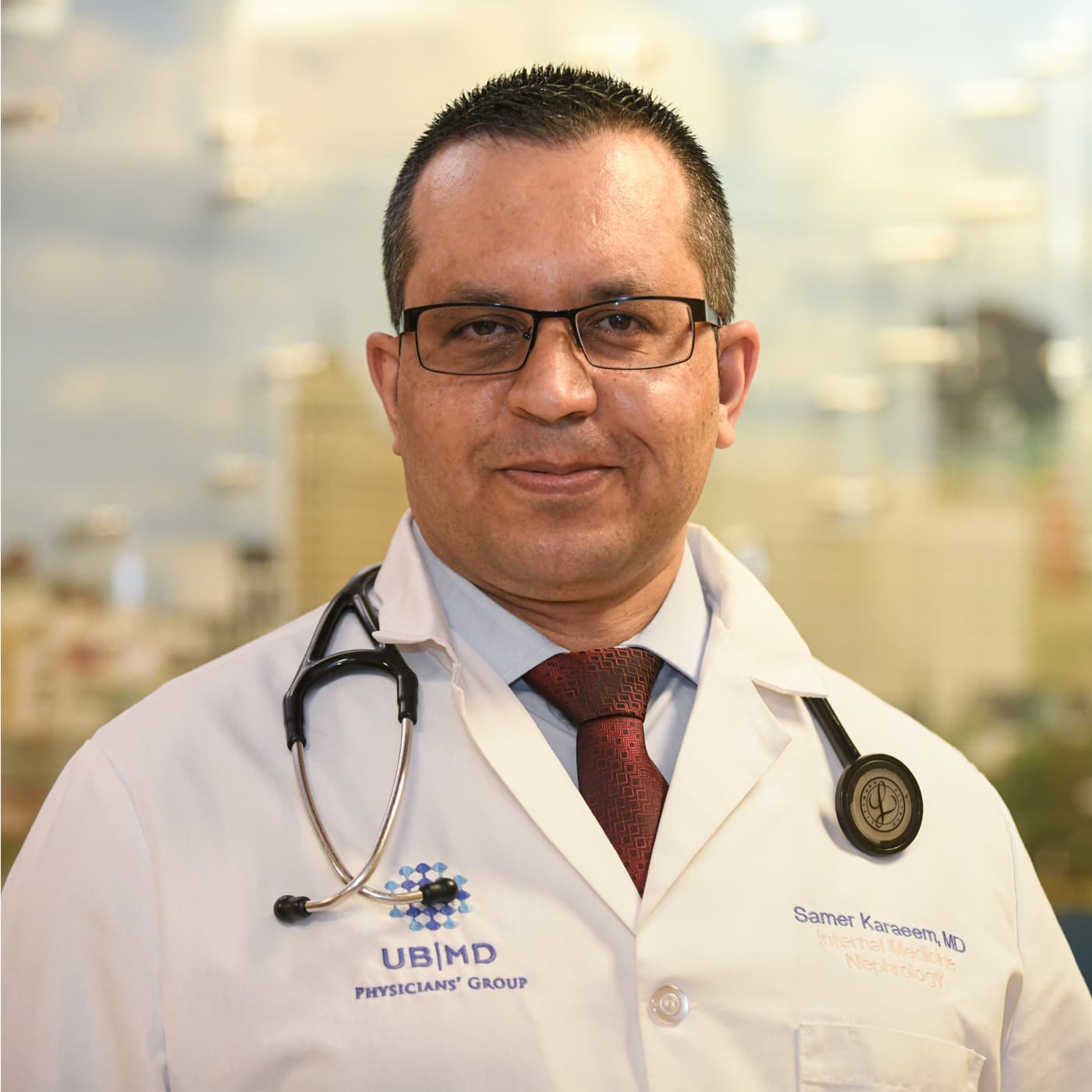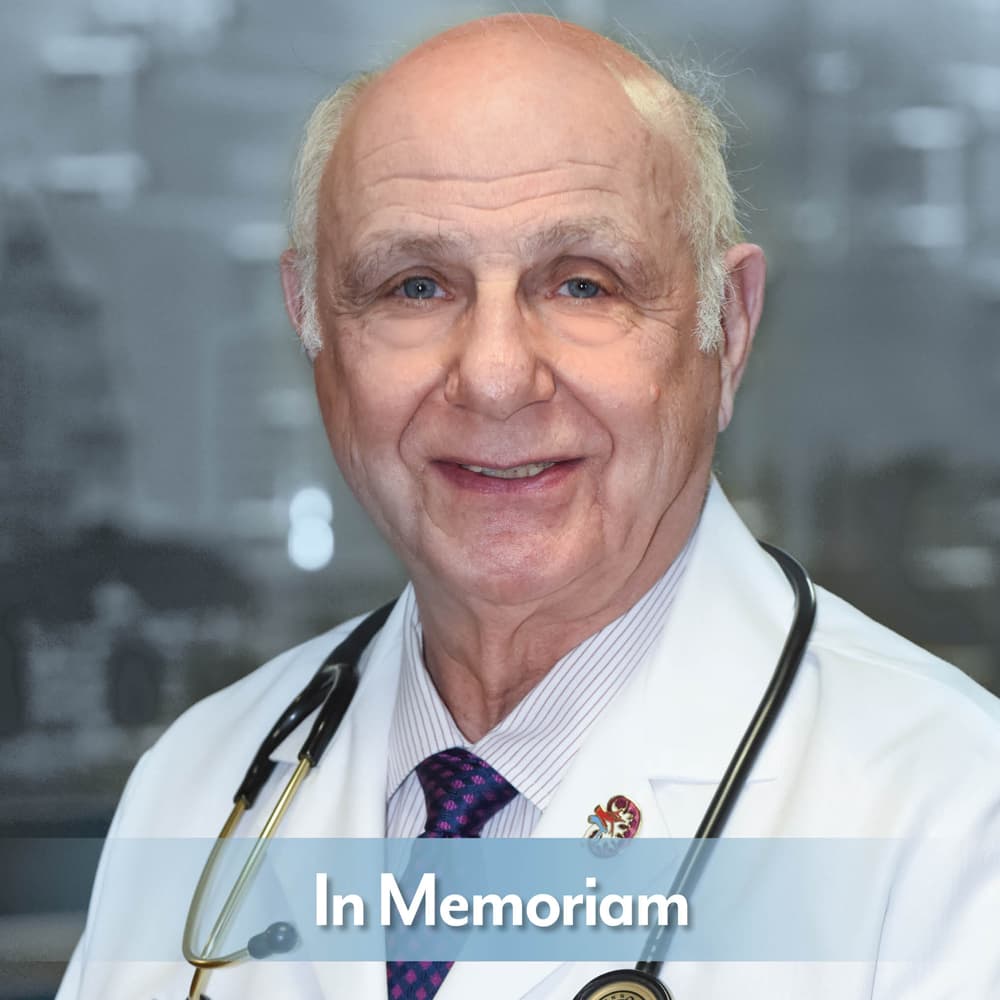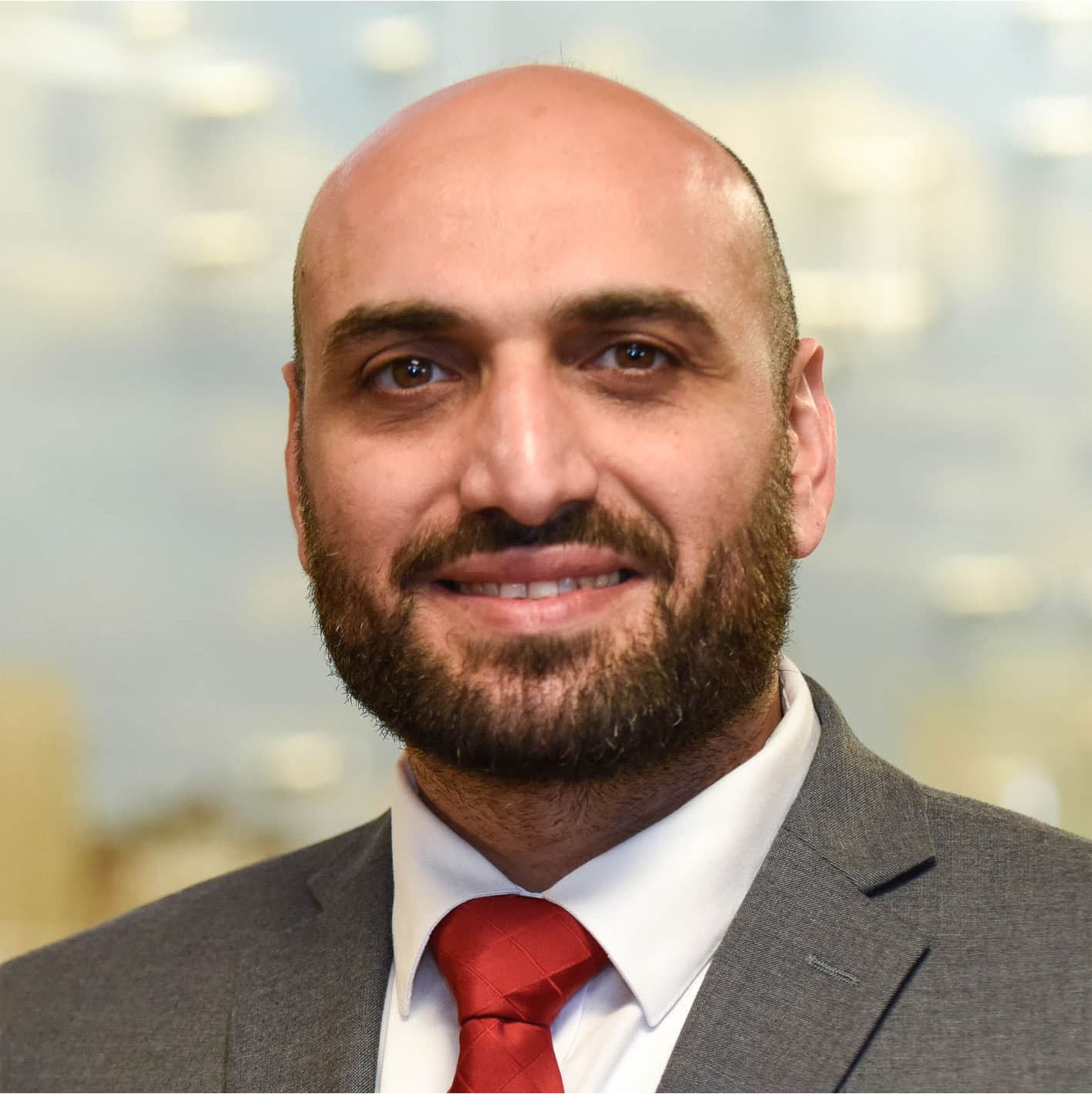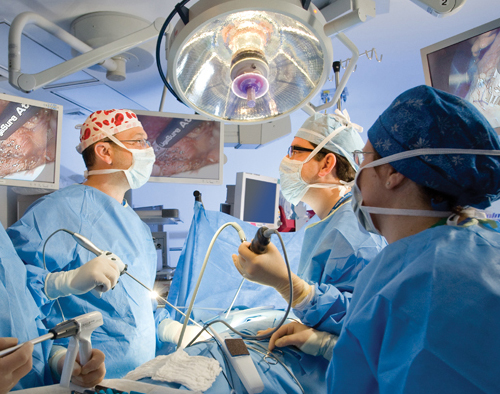
If you or someone you know is interested in learning more about living donation, or wishes to be evaluated to donate, please call (716) 898-6283 or email nhaseley@ecmc.edu.
Receiving a Kidney from a Living Donor
Living donation is the process of transplanting a kidney from a healthy individual into a person with kidney failure. Living donors can be family members or people patients are close to, such as a spouse or friend. Sometimes even strangers volunteer to donate. This is called an altruistic donor.
Often described as The Gift of Life, living donation gives the recipient freedom from dialysis and allows them to enjoy a longer life full of energy and productivity.
About half of all kidneys available for transplant come from people who have died and whose families give permission for organ donation. There are not enough of these organs, however, for everyone who needs them.
Living donor kidney transplants are therefore an important option. There are several advantages to a recipient of living donor kidney:
- The transplant can occur sooner; often before the need for dialysis
- A live donor organ will be healthier and better functioning
- A live donor kidney lasts longer
- The live donor operation is safe for the donor
Being a living donor is a process with many steps, including:
The purpose of the donor medical evaluation is to make sure that donation will not pose any unusual risk to you during the procedure, or risk to your future health. We will ask that you complete a health questionnaire. It is very important that you are completely honest in answering these questions. The information you share will be kept confidential. Once the nurse has cleared your questionnaire, blood typing and crossmatching will be done, which requires blood from both the donor and the recipient. It’s most efficient for the donor and recipient to go to the lab together, but if that isn’t possible, visit times should be coordinated. When compatibility is confirmed, the evaluation will be scheduled.
The evaluation testing takes two to three days and will include the following:
- A urine collection and blood test
- Education by the nurse coordinator
- A history and physical exam by the doctor
- Consultations with a:
- Surgeon
- Living donor social worker
- Independent living donor advocate
- Dietitian
- Financial coordinator
- Electrocardiogram
- Chest X-Ray
- Ultrasound
- CT Angiogram to look at the anatomy of the blood vessels of the kidneys
- Consultation with transplant psychiatrist (if you have a history of depression, anxiety or any past psychiatric diagnosis or have ever taken medication for any of these problems), you may be asked to see the transplant psychiatrist
- Testing for heart disease
- Colonoscopy (if over age 50)
- Pap smear (for female donors)
- Mammogram (for female donors over the age of 40)
Some of these tests, including colonoscopy and mammogram, are a routine part of healthcare maintenance and should be arranged through your primary care doctor.
Depending on your background, more extensive testing may be done to rule out heart disease. Usually, this is an exercise test during which you walk on a treadmill while the heart is monitored.
When the evaluation is completed, the results will be reviewed by the transplant team. Once approval is given by the team, the surgery can be scheduled.
As a living kidney donor, all interactions with members of the transplant team are strictly confidential. The living donor team does not disclose any information about the donor to the recipient, even if the donor requests it. The donor, however, is free to share any information with the recipient regarding the donation process. If a donor workup is terminated for any reason, the donor will receive a letter indicating that the team has determined that they are not a suitable donor. The transplant coordinator will discuss the reasons in detail with the donor. Then, the donor can choose how much to share with the recipient.
Matching is a critical part of a kidney transplant between a living donor and prospective recipient. Two matching tests are done between the donor and recipient: blood type and tissue crossmatch.
The blood test is the first step in determining if you are compatible with your recipient. There are four (4) different blood types: O, A, B, and AB. The rules for blood type in transplantation are the same as they are for blood transfusion. Some blood types can give to others and some may not. The chart below shows which blood type can donate to which:
If your blood type is: |
You can donate to: |
| Type O | Types O, A, B, AB |
| Type A | Types A, AB |
| Type B | Types B, AB |
| Type AB | Type AB |
The second type of matching is called “tissue crossmatch.” The crossmatch test is a very important part of the living donor workup and is repeated again just before the transplant surgery. Blood from the donor and recipient are mixed. If the recipient’s cells attack and kill the donor cells, the crossmatch is considered positive. This means the recipient has antibodies “against” the donor’s cells. If the crossmatch is negative, the pair is considered compatible. You may have heard of cases of a perfect match. There are over 100 different proteins on your cells that have been identified and six (6) are the most important in transplantation. Except in cases of identical twins and some siblings, it is rare to get a perfect match (called six-antigen match) between two people, especially if they are unrelated. The chance of a perfect match between two unrelated people is about one in 100,000. Kidneys are commonly transplanted between two people with no matching antigens without a rejection episode. In other cases where all six antigens matched, recipients have suffered from rejection. There is no way to predict who will experience a rejection episode. However, living donors with a six-antigen match do allow the opportunity for decreased immunosuppression.
Paired Exchange
There are times when a living donor is not compatible with the intended recipient either because their blood types are not compatible or they have an incompatible crossmatch. In the past, an incompatible pair had no alternative, and the potential recipient simply stayed on the deceased donor waitlist. Now it is possible for even incompatible pairs to enjoy the many benefits of living donation. Paired donation is an option that matches incompatible donor-recipient pairs with other pairs, and they “exchange” donors. We offer paired exchange for all incompatible donor-recipient pairs in our center.
Becoming a living donor for kidney transplant surgery is a major commitment. At ECMC, we aim to give potential donors an idea of what they can expect of the surgery itself.
Pre-op Day
Many activities will happen the day of your pre-op visit. The donor and recipient will first go to the hospital laboratory to have blood drawn for the final crossmatch and some updated lab testing. Both will also have a chest x-ray and EKG, and will be seen in the Transplant Clinic for a pre-operative visit.
Surgery Day
On the morning of surgery, both the donor and recipient will be arrive at the pre-surgery area. Altruistic donors will be admitted to the transplant floor. The donor surgery will start first, and the recipient surgery will start shortly after.
Once you are in the operating room, you will receive an anesthetic to put you to sleep. Your abdomen will then be shaved and a catheter will be inserted into your bladder. This allows the doctors to closely monitor your urine output.
The actual surgical procedure for the donor will take about three hours. One kidney with its artery, vein, and ureter will be removed from you and prepared for transplant into your recipient.
Our transplant surgeons use the technique called laparoscopic nephrectomy. With this technique, three small incisions and one large enough to remove the kidney are made in the abdomen. Special instruments and a miniature camera are inserted into the abdomen, which allows the surgeon to see the kidney on a TV monitor while it is cut free from the surrounding tissues. This technique results in a quicker recovery time as compared with an open incision.
After your surgery is completed, you will be taken to the recovery room where you will awaken from your anesthesia. While in the recovery room, your vital signs and blood tests will be monitored. When you are fully awake, you will be moved to the Transplant Unit. Altruistic donors will recover on a different unit than the recipient.
While you are in the operating room and recovery room, your family can wait in OR waiting room or main hospital lobby. After the surgery is completed, the surgeon will talk to your family and report on the surgery and your condition. Your family may visit you when you are transferred to your room.
Hospitalization
After you return to your room, you will continue to be monitored closely. Your vital signs will be checked frequently and you will be asked to breathe deep and cough periodically. You will still have an IV in your arm, but it will be taken out when you go home. Most donors are able to drink fluids and eat about 24 hours after surgery. The catheter will be left in your bladder overnight so all of your urine can be measured to make sure your kidney is working well. Blood tests will be done in the morning to check your blood count and kidney function. You will experience pain in your abdomen after surgery but you will be given medication to make it more tolerable. You will stay in bed overnight, but after that you will need to walk around the unit several times a day to help decrease pain and speed your recovery. Most donors are discharged one to two days after surgery.
After Discharge
After discharge, you may continue to have some abdominal pain for approximately one week. You should not lift more than 10 pounds for four weeks. Donors can usually return to work after four weeks, though some donors with desk jobs may feel ready to return to work after two weeks. You can resume driving once you are no longer taking narcotics. You can resume sexual activity whenever you feel comfortable participating.
You will be seen in the clinic by the transplant surgeon one week after discharge from the hospital. If you have any problems after that time that are related to your donation, you may call the transplant center and talk to the living donor nurse. You will also be contacted to visit the transplant center at six months, one year, and two years after donation.
We recommend that living donors avoid long-term use of a class of drugs called NSAIDS. The most common NSAID is Motrin or ibuprofen. These drugs can cause kidney damage over time. They can safely be taken for an injury for a period of two weeks, but should not be taken long-term for treatment of problems such as arthritis.
Donors should always receive routine medical care and any treating doctor should know that you have one kidney. The transplant team recommends:
- A yearly physical exam and blood pressure measurement.
- Yearly laboratory studies with complete metabolic panel and urinalysis.
- You maintain a normal weight and exercise at least four times a week for 30 minutes.
- You get plenty of rest and eat a balanced diet avoiding saturated and trans fats and avoid excessive salt in your diet.
- You talk to your doctor before taking any over the counter medications or supplements for more than a few weeks.
- That you avoid high impact sports.
At ECMC, we consider the following criteria when evaluating living donors:
Age > 18
Our program will not consider donation from individuals under the age of 18.
Smoking
There are many known health risks from smoking. Surrounding a surgical procedure, smoking can cause potentially life-threatening respiratory complications during or immediately after anesthesia. Smoking may also increase the risk of developing blood clots in the leg veins which can break loose, travel to the lungs, and potentially cause death. Smoking causes increased mucus production, a decreased ability to clear the lungs (which can lead to pneumonia), heart and vascular disease, and decreased wound healing. Candidates will not be considered for donation unless they have been tobacco free and marijuana free (including chewing tobacco) for at least 8 weeks prior to donation and smoking is strongly discouraged after donation to protect long-term health.
Drug Use
Potential donors must not use any illicit drugs. Potential donors who use chronic pain medication experience a higher incidence of post-operative pain after donation. These individuals may be requested to see a surgeon and/or psychiatrist prior to being considered for donation. The transplant team may request random drug screening if there is concern regarding drug use. Failure to comply with requests for drug screening would be considered cause for declining donation.
Health Problems
Donors must be healthy individuals. If a donor has a past history of suffering from the following problems, or if these are discovered during the medical evaluation, a donor may be declined. The RN will discuss the donor’s health history in detail before the evaluation begins and the doctor will review it again at the first clinic visit.
- High blood pressure treated with medication (there may be rare selected situations when the team may consider a donor on a single blood pressure medicine)
- Diabetes
- Gestational diabetes (diabetes during pregnancy)
- Donors under 40 with a history of gestational diabetes will not be a candidate for donation. Donors over 40 will be considered on a case by case basis.
- Systemic lupus erythematosus
- Polycystic kidney disease
- Psychiatric illness
- If a donor has a history of mental health problems including a remote history of anxiety or other common disorders, the team may request a psychiatric evaluation. Donors with current mental health concerns may not be candidates for living kidney donation.
- Heart / heart valve disease or peripheral vascular disease (disease of blood vessels in the legs)
- Lung disease with impaired oxygenation or ventilation
- Recent cancer or a history of cancer that typically takes a long time to recur
- Low kidney function (usually creatinine clearance of <80ml/min)
- Protein in the urine > 300 mg per 24 hours (a test of kidney function)
- Active hepatitis B or C infection or HIV infection
- Use of medicines that are known to cause kidney damage
History of blood clots or risk factors for the development of blood clots (use of birth control pills, smoking and obesity are factors that may temporarily disqualify a donor due to the risk of developing blood clots)
Obesity
Obesity is an independent risk factor for kidney disease. Candidates with a body mass index of over 35 will generally not be considered for donation unless an individual is very muscular. Individuals with a BMI of >30 will meet with a dietitian to discuss strategies to remain at a healthy weight for life.
Psychosocial Issues
The social worker will evaluate many psychosocial aspects of living donation with the potential donor. Donors may be declined if they have inadequate support for recovery, questionable donor-recipient relationship or motivation for donation, a history of poor coping or psychiatric illness, a history of not taking good care of their health, or other similar concerns.
Primary Care Doctor
All living donors should have a primary care doctor to ensure good ongoing medical care to monitor the function of the remaining kidney.
It’s also important that living donors are aware of potential risks, and your surgeon and nurse coordinator will also discuss all health risks with you. Potential donors should also know:
- The risks of donation are similar to that of any major surgery, such as bleeding and infection
- Death resulting from kidney donation is extremely rare
- Kidney donation does not change life expectancy
- Likelihood that a donor develops kidney disease or other health problems due to donation is very low
- A person can lead an active, normal life with only one kidney
- One kidney is sufficient to keep the body healthy
- After surgical recovery, a donor can work, drive, exercise and participate in sports, although contact sports are not recommended
- A donor can continue in all types of occupations, including military duty
- Being a donor does not impact a person’s ability to have a child
Most living donors say they feel great satisfaction with the donation experience because they have helped to improve another person’s quality of life. Even in rare cases where the transplant is not successful, many donors say they feel positive about their decision because they did their very best to help a relative or friend. However, some donors experience some negative or mixed feelings after donation. These feelings have been more likely to occur in cases where the outcome of the surgery did not meet the expectations of the donor and/or recipient and in cases where the donor was unsure of his or her decision.
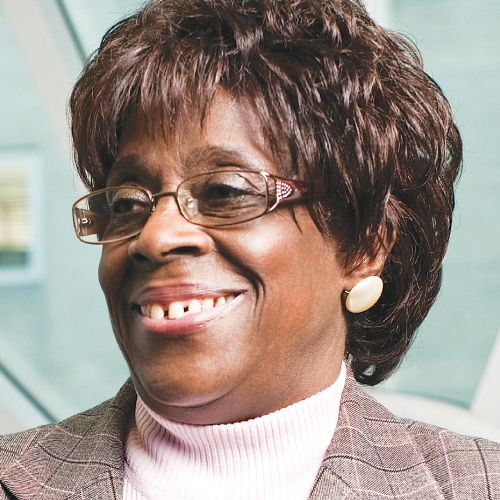
ECMC has been a life-saving and life-changing center for transplant recipients like myself, dialysis patients, families and all within the renal community. We are most grateful for the excellent care and services that we continue to receive from ECMC.”
Our Doctors
Meet our dedicated team of doctors and nephrologists who bring the best of their comprehensive medical expertise to bear for our renal care patients.
James Lukan, MD, FACS
Doctors, Renal Care, Outpatient Specialty ClinicsRaphael Blochle, MD
Doctors, Renal Care, Outpatient Specialty Clinics, Trauma Center and Emergency Care, Surgery, Surgical ClinicsRocco C. Venuto, MD
Doctors, Renal CareYou are now leaving ECMC.edu
Erie County Medical Center Corporation (ECMCC) is not responsible for the content, privacy policy, accuracy or legality of any website accessed through a link on www.ecmc.edu. A link to another website does not constitute an endorsement, guarantee or approval by ECMCC of the linked website, or the information, products or services contained therein.
